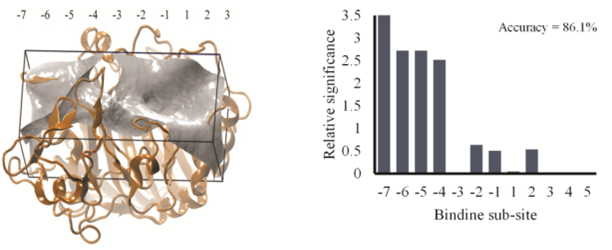Acknowledgements
We would like to acknowledge and thank the following organizations for supporting our research.
The MInDS group focuses on Machine Learning, Informatics, and Data Science research, as well as their applications in the following areas and projects.
How likely am I to have COVID-19 complications? Machine learning could help predict the answer. Covid-19 App Developed by Colorado School of Mines. Mines professors building app to predict likelihood of catching COVID-19. As of mid-April 2020, two million people are infected worldwide with the novel coronavirus. Now, the USA is at the epicenter of this pandemic, where it has already killed 20,000 people. Approaches to slow the progression are urgently needed.
Learn more.

Today’s technology can securely store captured carbon dioxide deep in the subsurface of the ground, but slow data processing can result in operational inefficiencies. To meet this challenge, the Office of Fossil Energy (FE) of DOE developed a Science-Informed Machine Learning to Accelerate Real Time Decisions (SMART-CS) initiative. Using science-based machine learning and AI, this initiative will enable better reservoir management through more rapid decision making. It will develop real-time visualization, forecasting capabilities, and virtual learning environments.
Learn more.

This project aims to radically transform traffic management, emergency response, and urban planning practices via predictive analytics on rich data streams from increasingly prevalent instrumented and connected vehicles, infrastructure, and people. Road safety and congestion are a formidable challenge for communities. Current incident management practices are largely reactive in response to road user reports. With the outcome of this project, cities could proactively deploy assets and manage traffic. This would reduce emergency response times, saving lives, and minimizing disruptions to traffic.
Learn more.

Artisanal and small-scale mining (ASM) has experienced explosive growth in recent years due to the rising value of mineral prices and the increasing difficulty of earning a living from agriculture and other rural activities. An estimated 40.5 million people were directly engaged in ASM in 2017, up from 30 million in 2014, 13 million in 1999 and 6 million in 1993. That compares with only 7 million people working in industrial mining in 2013.
Learn more.
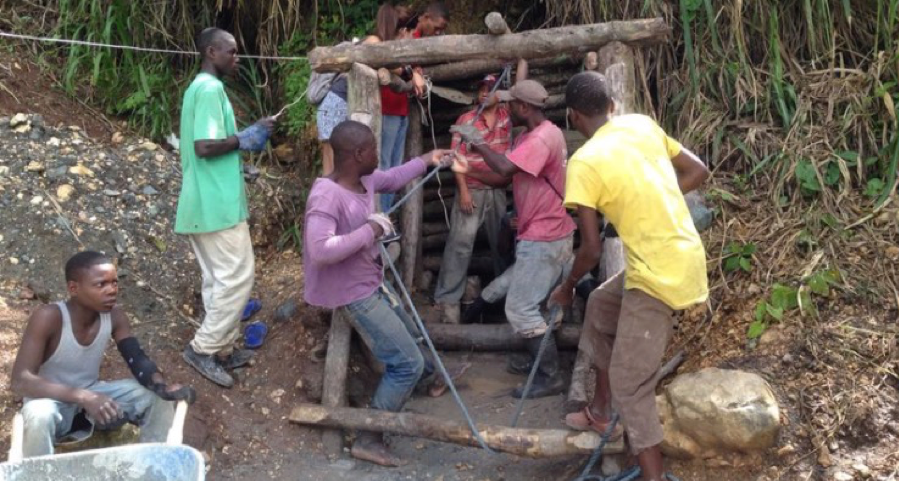
Imagine that in the near future a patient needing surgery will swallow a small mobile robot that can autonomously perform the procedure without any external incisions or pain. Such robots have the potential to make state-of-the-art surgical concepts a reality by providing an unconstrained mobile platform to visualize, manipulate and surgically treat tissue. The project’s strategy will also harness the excitement surrounding robotics and computer science, and leverage it with the Investigators’ exceptional infrastructure for education innovation and outreach to provide new, inspirational educational experiences for students.
Learn more.
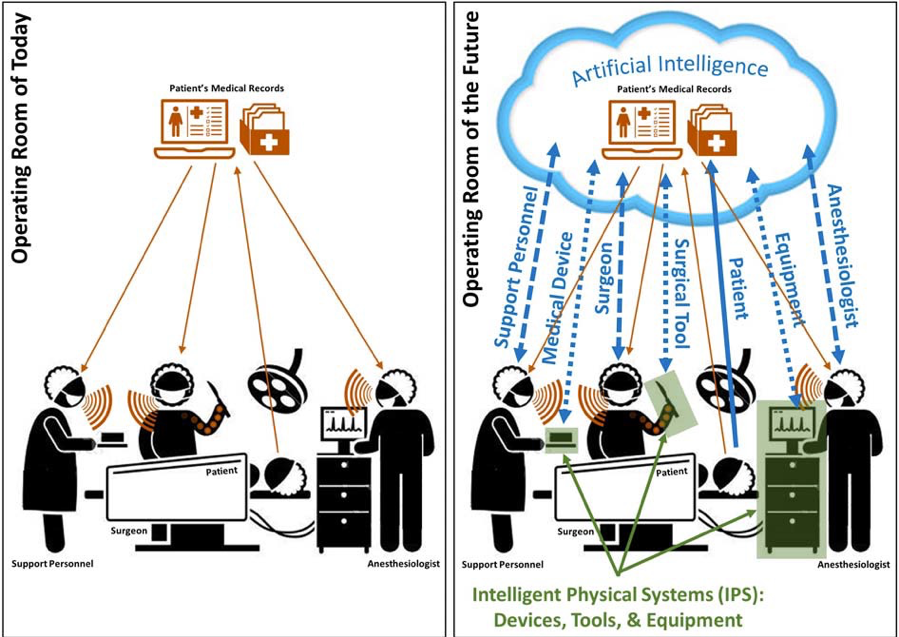
Additive manufacturing (AM) and data-driven design are becoming increasingly common in a wide range of industries. Unlike plastics 3D printing, which can be done by hobbyists in their homes, AM of metals requires a high-level of skill, expertise, and specialized know-how to adjust and tune the manufacturing process for a specific part geometry, material, or desired functional outcome. As such, building a new part or changing to a new material with AM processing is currently time consuming, tedious, and expensive (on the order of 5 years and $5M for a single “A-Basis Allowable” part).
Learn more.
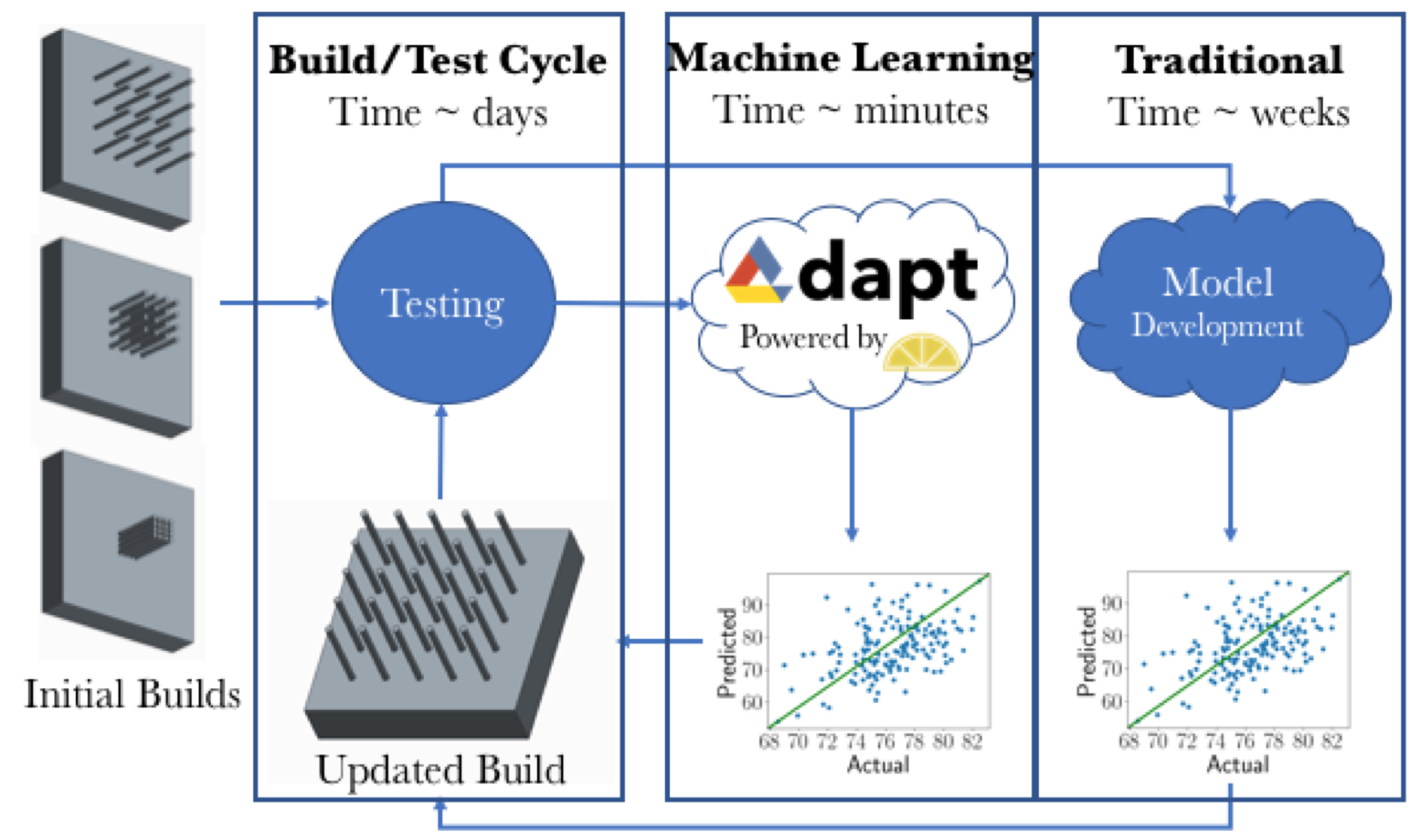
The goal of this project is to identify and establish a new robust data mining framework for better modeling, understanding and analyzing brain imaging genomics data that combine the concepts of sparsity-induced learning models and new and more efficient computational algorithms. The proposed research in this project is innovative and crucial not only to facilitating the development of new data mining techniques, but also to addressing emerging scientific questions in brain imaging genomics, and to greatly supporting the BRAIN Initiative which has recently been unveiled by the U.
Learn more.
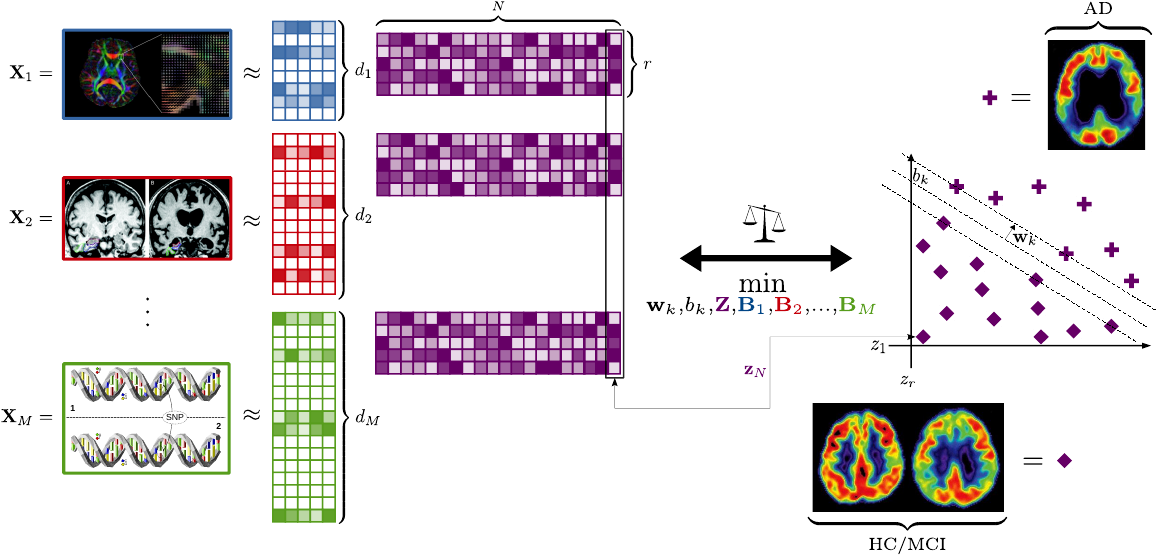
Although communities of microorganisms, originally referred to as microbiota, have been studied for a long time, the field has taken off in 2002 with the advent of metagenomics, which for the first time equipped us with a way to “see” the incredible diversity of species around us — too small to see with or own eyes. Now, the microbiome is not only of interest in environmental samples, but also within our own bodies.
Learn more.
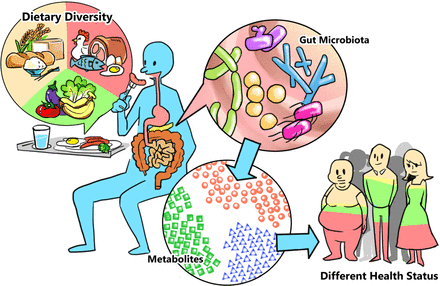
This project supports novel computer science research to provide foundations for new technologies. The research objective of this project is to design new robust data mining and machine learning algorithms for solving the computational challenges in complex materials genome data mining. The Materials Genome Initiative research has been launched by U.S. government to discover, manufacture, and deploy advanced materials fast and low-cost, which holds great opportunities to address the challenges in clean energy, national security, and human welfare.
Learn more.
